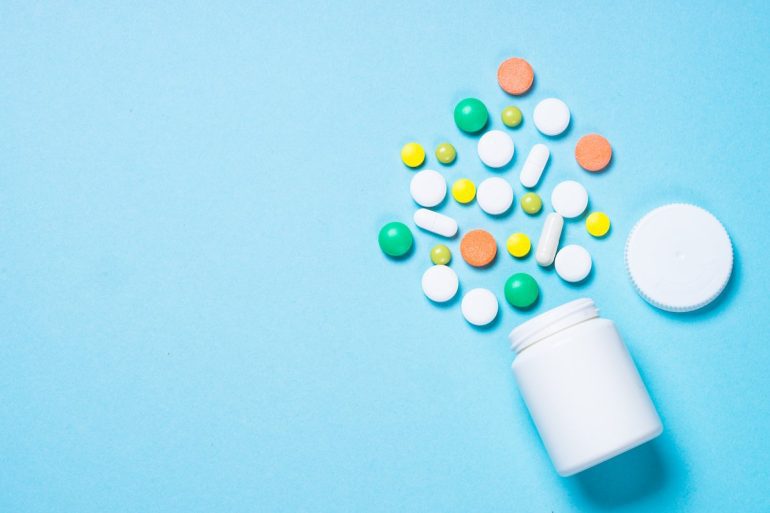- HHS CREATE investigates AI’s role in refining medication dosages for precision healthcare.
- Traditional dosage adjustment methods may fall short of perfection, prompting the exploration of AI reinforcement learning.
- Collaboration with renowned institutions facilitates access to extensive datasets from warfarin studies.
- AI, through reinforcement learning, demonstrates proficiency in recommending warfarin dosages comparable to seasoned clinicians.
- The study signifies a potential paradigm shift in medication dosing and highlights AI’s transformative impact on healthcare.
Main AI News:
Hamilton Health Sciences (HHS) CREATE (Centre for Data Science and Digital Health) has delved into a groundbreaking study, shedding light on a potential revolution in healthcare technology. Spearheaded by Dr. Jeremy Petch, the director of CREATE, this endeavor unveils the prospect of leveraging artificial intelligence (AI) to refine medication dosages effectively, ensuring optimal patient care.
In today’s medical landscape, precision is paramount, especially for medications like insulin, warfarin, and heparin. The margin for error is slim – too little could jeopardize patient health, while an excess could induce adverse effects. Traditional methods of dosage adjustment, reliant on human expertise, are competent but fall short of perfection.
Enter AI reinforcement learning, a paradigm shift in healthcare technology. Drawing inspiration from human learning processes, this approach empowers algorithms to navigate a trial-and-error journey towards optimal outcomes. Dr. Petch elucidates, “It’s the same paradigm of AI that led to computers beating humans in games like chess. Through trial and error, AI discovers optimal strategies.”
While traditional reluctance towards AI in healthcare persists due to data demands, CREATE’s collaboration with esteemed institutions like Harvard, Duke, and Uppsala universities, along with PHRI, has paved the way for a breakthrough. By tapping into vast datasets from warfarin studies, CREATE embarked on an unprecedented exploration, analyzing extensive patient encounters to train AI models.
The results are compelling – AI, through reinforcement learning, demonstrates remarkable proficiency in recommending warfarin dosages, rivaling the expertise of seasoned clinicians. Dr. Petch affirms, “By simply observing this enormous cycle of data, AI showed that it could learn to dose warfarin as well as the very best, most experienced and highly skilled clinicians who specialize in this area.”
This study not only heralds a new era in medication dosing but also underscores the transformative potential of AI in healthcare. Dr. Petch concludes, “Our study has opened that door. As well as showing the potential to develop a whole new and better approach for dosing these kinds of medications, we’ve helped establish that using this paradigm of AI can work in health care with enough data. That’s what really interested us and the wider scientific community.”
Conclusion:
The integration of AI reinforcement learning in healthcare, as demonstrated by HHS CREATE’s groundbreaking study, signifies a paradigm shift in medication dosing optimization. This innovation promises enhanced precision and efficacy, potentially revolutionizing patient care practices. As the healthcare market increasingly embraces AI-driven solutions, organizations investing in such technologies stand to gain a competitive edge in delivering superior outcomes and fostering patient well-being.

